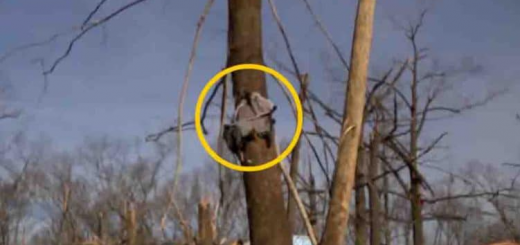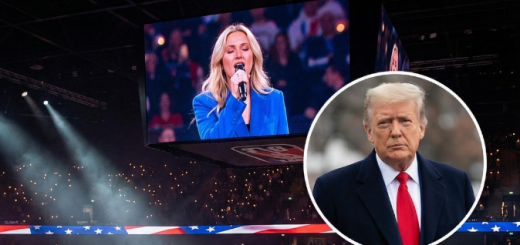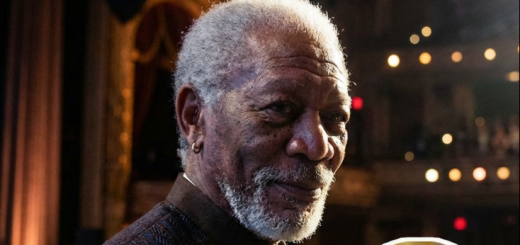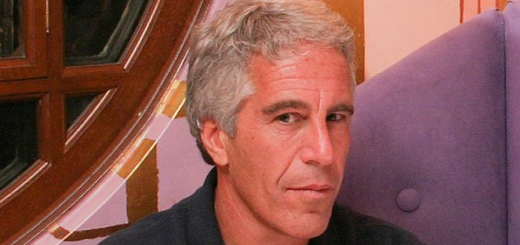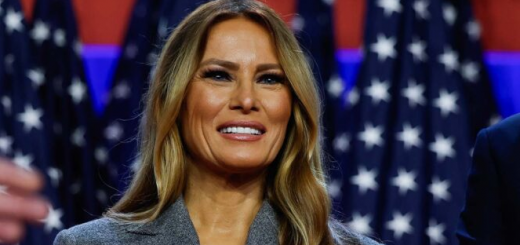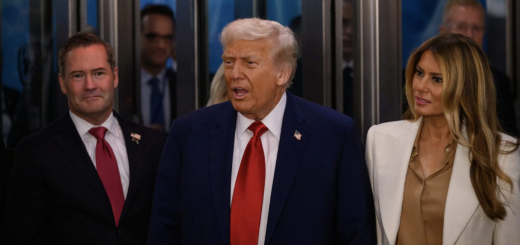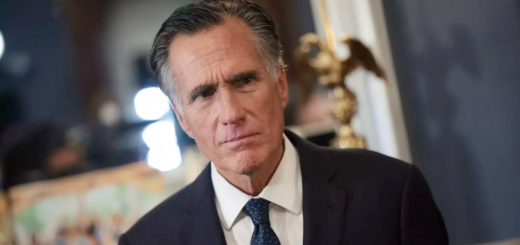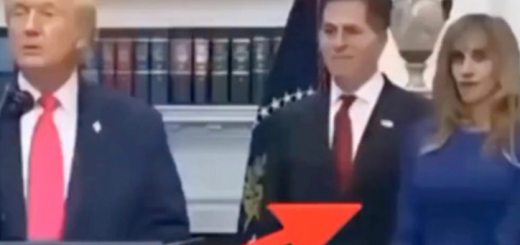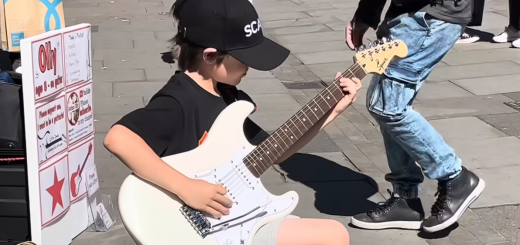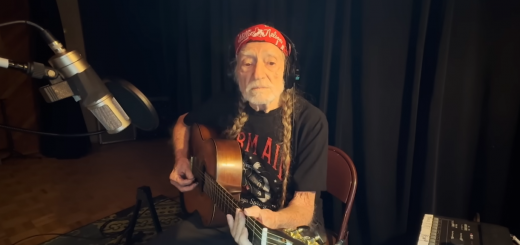Biden’s Pardons for Cheney, Fauci Could Backfire, Legal Analyst Warns
In a move sparking both support and scrutiny, President Joe Biden has issued a limited set of pardons that includes former Rep.
Liz Cheney and Dr. Anthony Fauci—actions reportedly aimed at shielding high-profile allies from potential political retaliation by President-elect Donald Trump.
According to sources close to the administration, the pardons were preemptive, designed to protect individuals who played prominent roles during Biden’s term and in the aftermath of the January 6 Capitol attack.
Cheney, a key figure on the House Select Committee investigating the riot, and Fauci, the former chief medical advisor during the COVID-19 pandemic, were both frequent targets of criticism from Trump and his allies.
However, legal experts caution that the clemency granted may not offer the full protection the administration intends.
Federal litigation attorney Jesse Binnall noted that the pardons, while symbolically powerful, do not exempt Cheney or Fauci from being compelled to testify under oath if subpoenaed by a future Congress.
More importantly, Binnall pointed out that any false testimony provided under oath would still be subject to prosecution for perjury, as presidential pardons cannot override future crimes.
“This might actually be good news for those hoping to see them answer tough questions,” Binnall explained, suggesting the legal and political implications could unfold in unpredictable ways.
As the political landscape shifts, the impact of these last-minute pardons remains uncertain—and potentially explosive.


